Akamai has high hopes for its new Gecko Edge cloud service, but can it target competition with hyperscalers?
Akamai is “catching up” with the likes of Microsoft and AWS but its new cloud-focused offering might not give it a huge competitive advantage


Sign up today and you will receive a free copy of our Future Focus 2025 report - the leading guidance on AI, cybersecurity and other IT challenges as per 700+ senior executives
You are now subscribed
Your newsletter sign-up was successful
Akamai recently announced the launch of its Gecko ‘Generalized Edge Compute’ project, which will expand the company's edge computing network by 85 regions over the course of 2024.
The cloud firm said the launch of the new service will cement it as a major player in the cloud computing space, and will see 10 new regions added in the first quarter of 2024 alone, followed by a further 75 over the rest of the year.
The US-headquartered firm is building on its existing edge computing infrastructure, which includes numerous content delivery networks (CDN) across the globe.
Following its acquisition of infrastructure-as-a-service (IaaS) provider Lenode in 2022, Akamai has been using these CDNs to bolster its position as a cloud provider.
Rene Buest, senior director analyst at Gartner, told ITPro the move is an ambitious one that aims to rapidly expand its services and offer customers a more varied product portfolio.
“What Akami is doing strategically well is to extend their current portfolio,” Buest told ITPro.
“They finally connect the two different offerings they have, their CDN and their edge, with the cloud environment they have acquired through Linode,” he added.
Sign up today and you will receive a free copy of our Future Focus 2025 report - the leading guidance on AI, cybersecurity and other IT challenges as per 700+ senior executives
Why edge computing is so important in the current cloud climate
Edge computing has grown in popularity at enterprises globally in recent years following a rapid shift to the cloud, with organizations seeking to maximize value, efficiency, and crucially, speed.
Essentially, edge computing denotes data processing systems that are located closer to an end user, or at the edge of the cloud network.
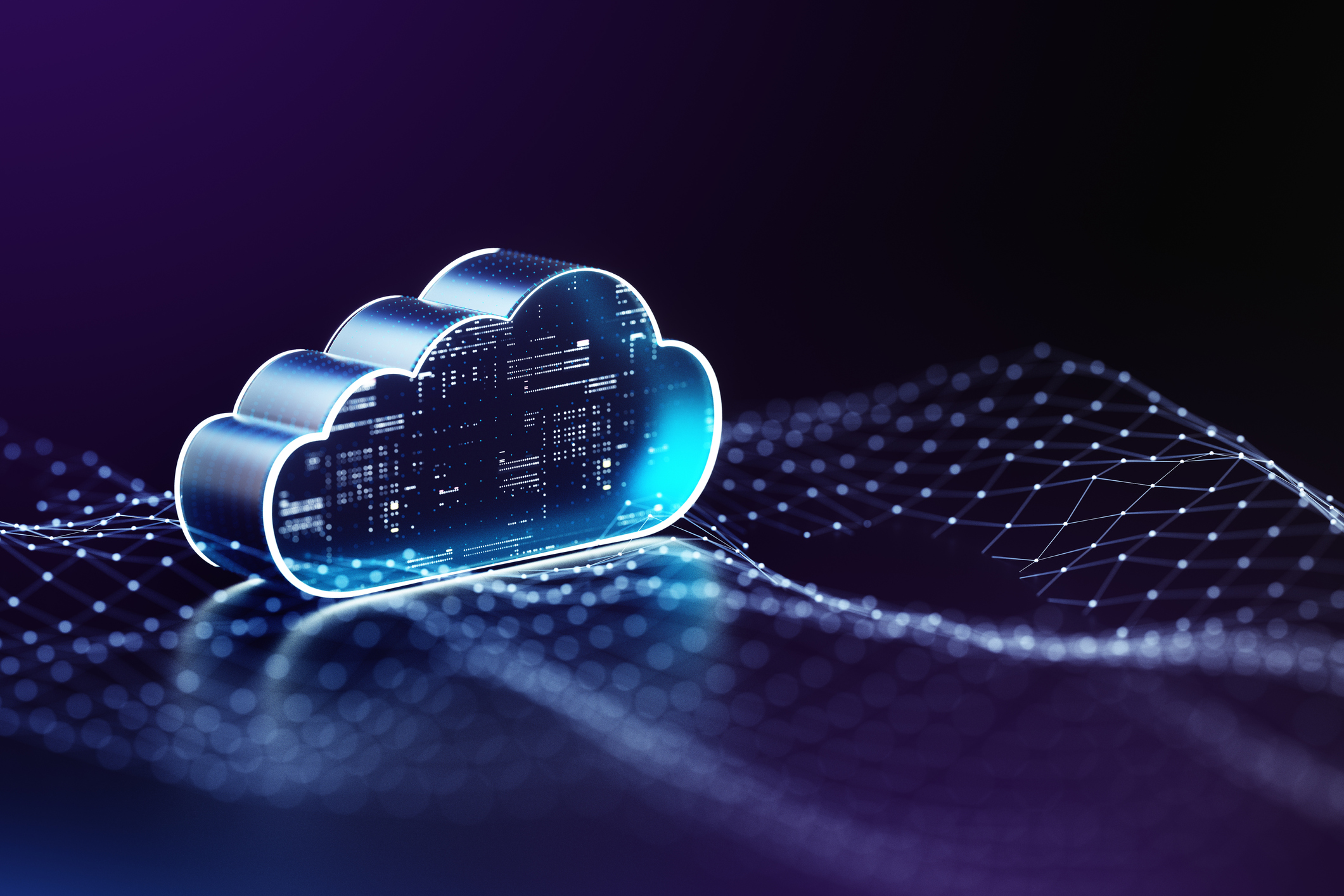
Cloud computing or mainframe? Why the pendulum might be swinging back in the age of hybrid strategies and generative AIScotland could be the next big data center powerhouse, offering greener options, significant savings, and direct access to renewable energyWhy software 'security debt' is becoming a serious problem for developers
“Typically when we speak about cloud, we are actually quite far away from where the actual user, or the customer of a cloud solution, sits,” Buest said.
The decentralized nature of cloud computing, whereby data centers sit great distances away from customers, is an issue that can create problems in terms of speed and latency, Buest said. For cloud providers, then, the ideal scenario involves being able to process data closer to the actual customers.
That’s where edge computing comes in, acting as a mid point between large data centers and end user digital touchpoints.
“The edge provides more proximity between the user and the cloud service,” said Buest. “It’s about [bringing] compute power, data, everything, [much] closer to [where the action actually happens].”
For cloud providers, edge computing is becoming an increasingly important aspect of their offerings, enabling them to ensure services are hitting the ground running for end users and maximizing efficiency.
Akamai is “catching up” to the hyperscalers
Akamai is certainly making moves in edge computing, but it’s not like the hyperscalers are resting on their laurels either, according to Buest.
“All the big providers already have solutions for edge,” he said. “Of course, they don't do everything themselves, so they are partnering with telecommunication providers.”
Microsoft has a range of offerings, including Azure IoT edge, Azure Stack Edge, and Azure Data Box, to name but a few, while Google offers several distributed edge-focused solutions.
Amazon also offers its AWS for the Edge platform, as well a partnership with Verizon that delivers mobile edge computing.
Akamai has an increasing amount of skin in the game, though, and could be said to be “catching up” with the hyperscalers, Buest noted.
RELATED WHITEPAPER

“The advantage that Akamai has is, [because of their legacy,] they have a large presence around the world,” he said.
“They have a very, very well connected network across the world,” he added. “This is their core business, these CDNs. They certainly have, at least from a connectivity standpoint, an advantage [over] the hyperscalers.”
Buest was careful to point out, however, that in many ways, hyperscalers can offer end users more with regard to edge capabilities than Akamai can at this stage.
He made reference to AWS outpost, a product which allows end users access to on-premises edge solutions.
So, while Akamai has an impressive level of connectivity, it doesn’t necessarily have the end user capabilities needed for a competitive advantage in the cloud service industry as a whole.
There is perhaps also limited marketability to Akamai’s offering, which relies on a fundamentally niche unique selling point in terms of network size.
“Do customers really need that? That’s the biggest question here,” Buest said. “Do I really need compute power in Alaska?”
He accepted that, of course, in some instances a far reaching network is an advantage, such as for research and development teams. On the whole, though, it might not capture a sizable market.
“So it's not me-too offering but it's also not something that I would say gives them a competitive edge against the hyperscalers,” he said.
Buest suggested looking not to cloud data centers or to their edge mediums, but rather at the end points, the digital touchpoints in which customers interact with the cloud.
That way, businesses can truly decide what’s the most important thing for their customers and, in turn, what they need to focus on in their cloud environment.
“You have this connectivity, you have these points of presence, the CDNs, the compute power, the storage. What will you do on top of that? And that's a question that the hyperscalers are able to answer these days,” he said.

George Fitzmaurice is a former Staff Writer at ITPro and ChannelPro, with a particular interest in AI regulation, data legislation, and market development. After graduating from the University of Oxford with a degree in English Language and Literature, he undertook an internship at the New Statesman before starting at ITPro. Outside of the office, George is both an aspiring musician and an avid reader.
-
 Anthropic promises ‘Opus-level’ reasoning with new Claude Sonnet 4.6 model
Anthropic promises ‘Opus-level’ reasoning with new Claude Sonnet 4.6 modelNews The latest addition to the Claude family is explicitly intended to power AI agents, with pricing and capabilities designed to attract enterprise attention
-
 Researchers call on password managers to beef up defenses
Researchers call on password managers to beef up defensesNews Analysts at ETH Zurich called for cryptographic standard improvements after a host of password managers were found lacking
-
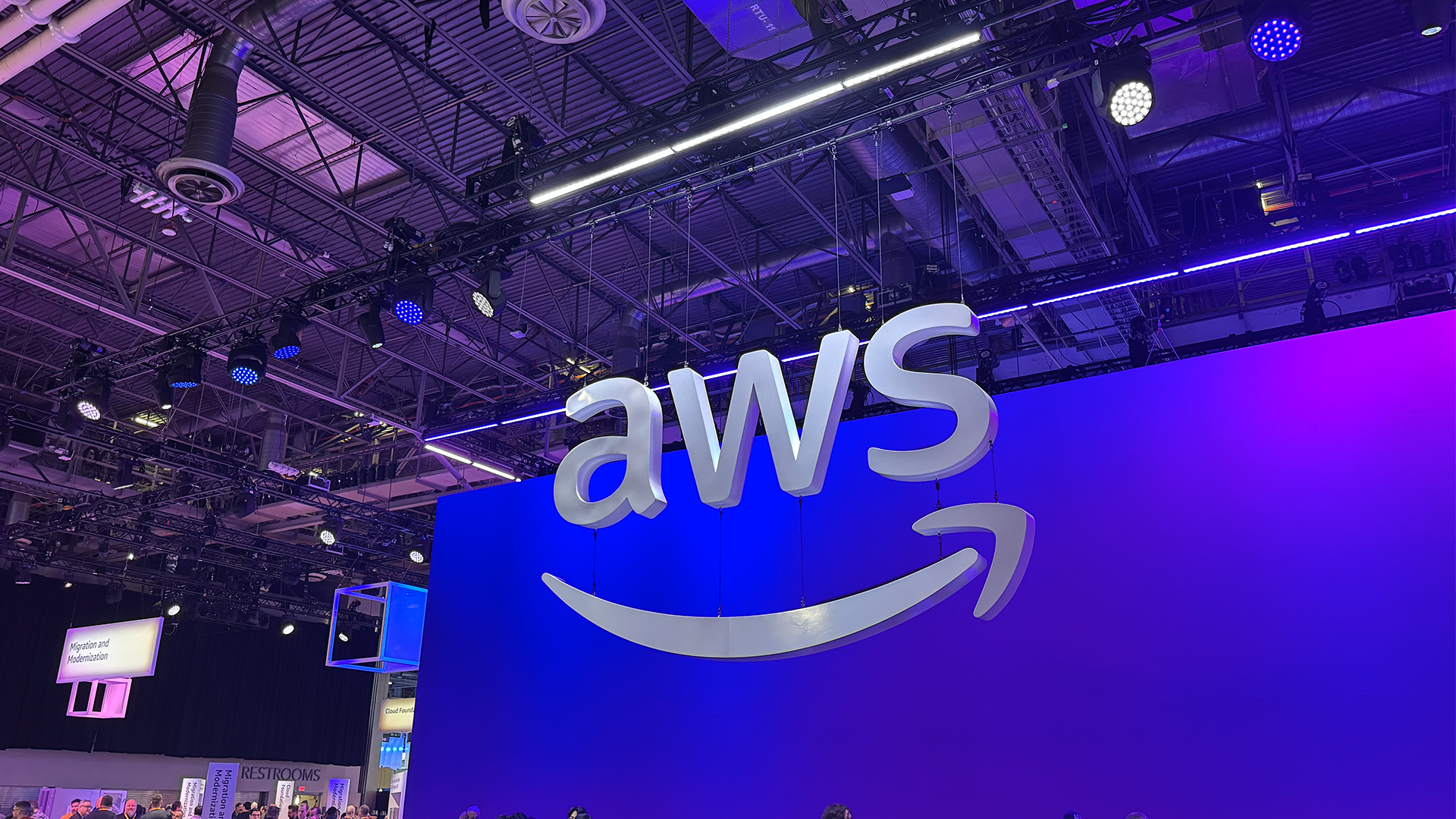 What the new AWS European Sovereign Cloud means for enterprises
What the new AWS European Sovereign Cloud means for enterprisesNews AWS has announced the general availability of its European Sovereign Cloud. Here's what the launch means for enterprises operating in the region.
-
 AWS just quietly increased EC2 Capacity Block prices – here's what you need to know
AWS just quietly increased EC2 Capacity Block prices – here's what you need to knowNews The AWS price increases mean booking GPU capacity in advance just got more expensive
-
 Cloud infrastructure spending hit $102.6 billion in Q3 2025 – and AWS marked its strongest performance in three years
Cloud infrastructure spending hit $102.6 billion in Q3 2025 – and AWS marked its strongest performance in three yearsNews Hyperscalers are increasingly offering platform-level capabilities that support multi-model deployment and the reliable operation of AI agents
-
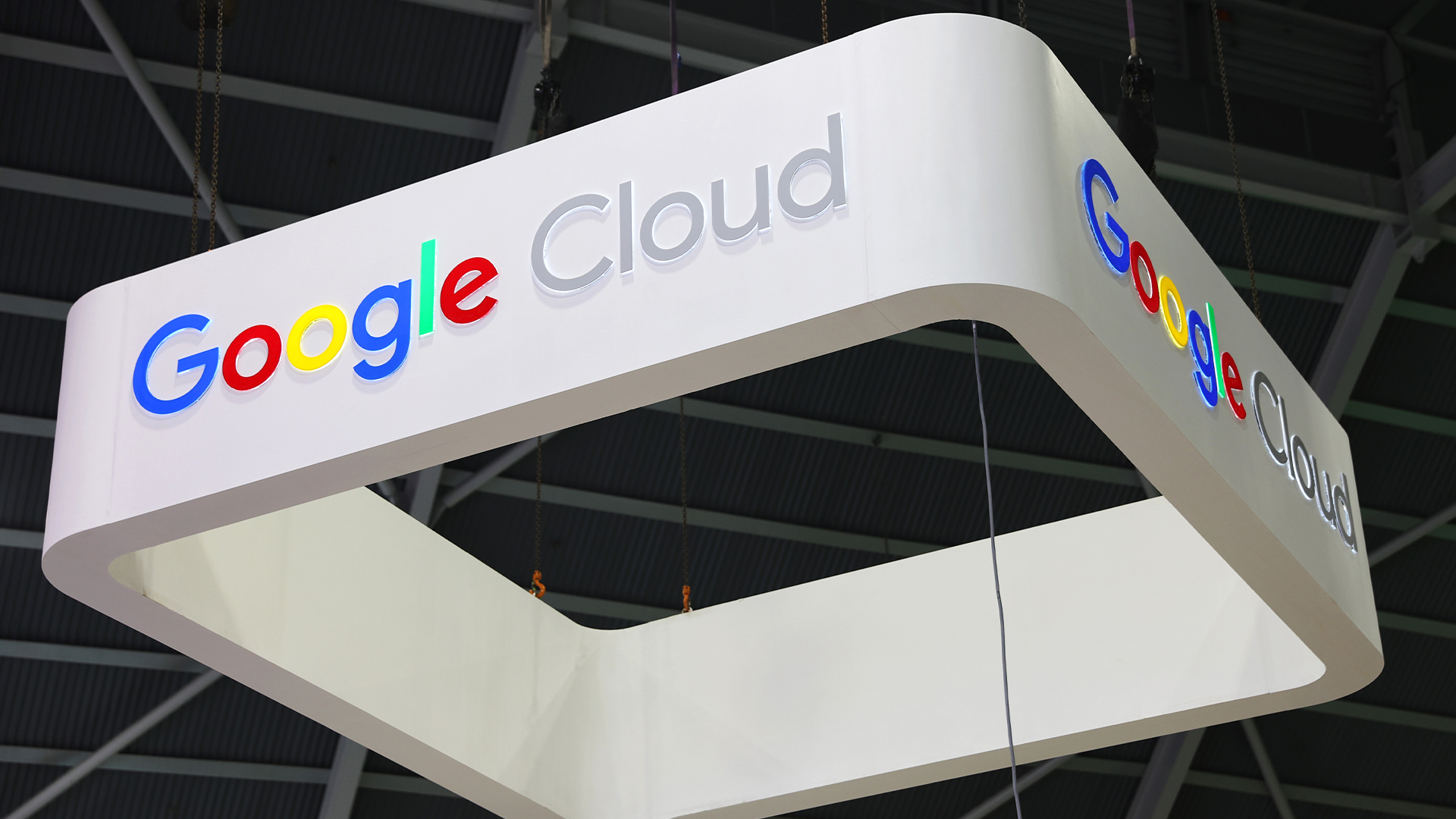 Google Cloud teases revamped partner program ahead of 2026
Google Cloud teases revamped partner program ahead of 2026News The cloud giant’s new-look partner ecosystem shifts focus from activity tracking to measurable customer outcomes
-
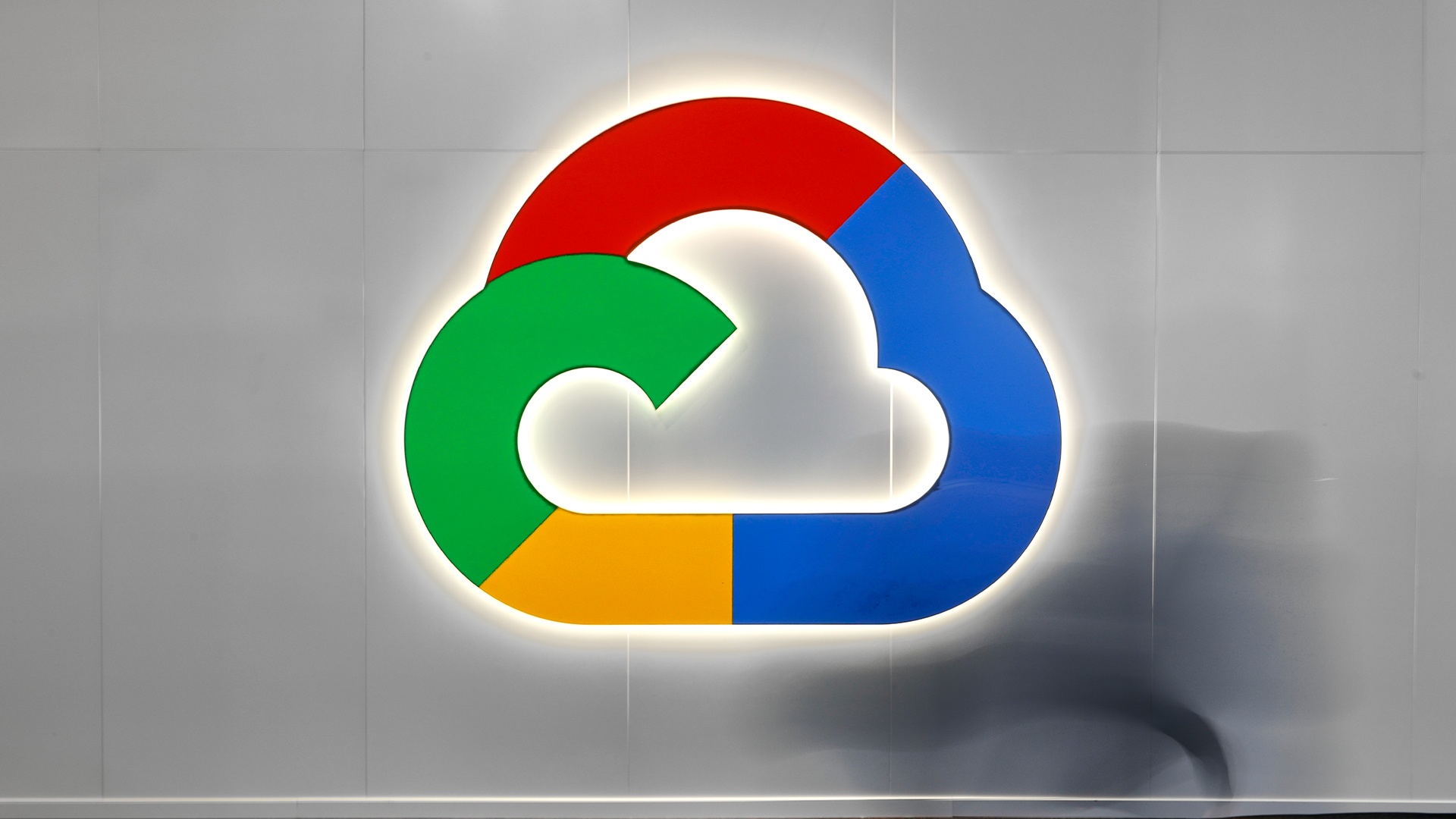 What Palo Alto Networks' $10bn deal with Google Cloud means for customers
What Palo Alto Networks' $10bn deal with Google Cloud means for customersNews The extension of an existing partnership between Palo Alto Networks and Google Cloud is designed to boost security amid rise in AI
-
 Cohesity deepens Google Cloud alliance in data sovereignty push
Cohesity deepens Google Cloud alliance in data sovereignty pushNews The pair’s expanded collaboration will focus on new integrations for AI, cybersecurity, and data protection
-
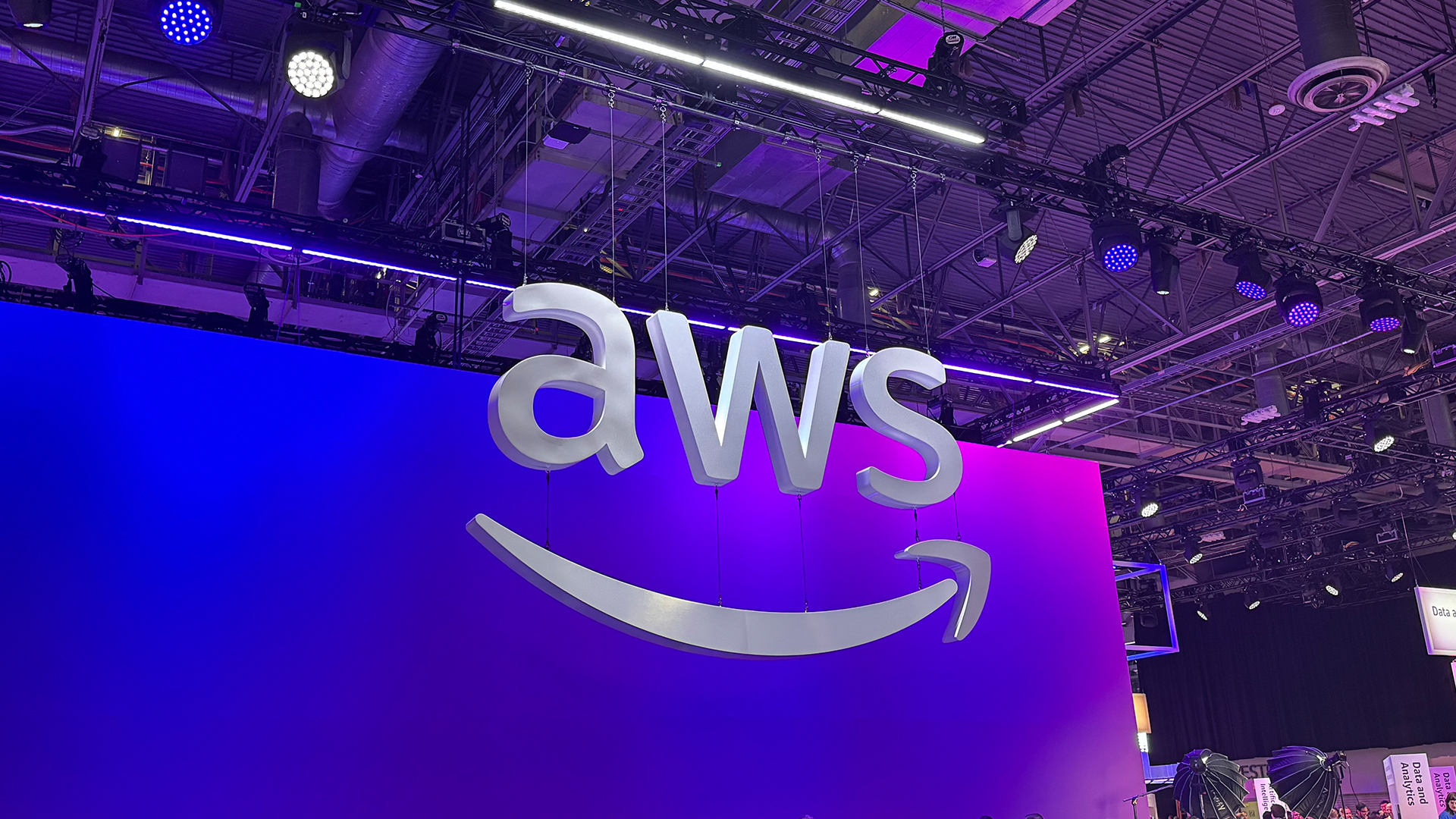 AWS re:Invent 2025 live: All the news and announcements from day two in Las Vegas
AWS re:Invent 2025 live: All the news and announcements from day two in Las VegasLive Blog Keep tabs on all the latest announcements from day-two at AWS re:Invent 2025 in Las Vegas
-
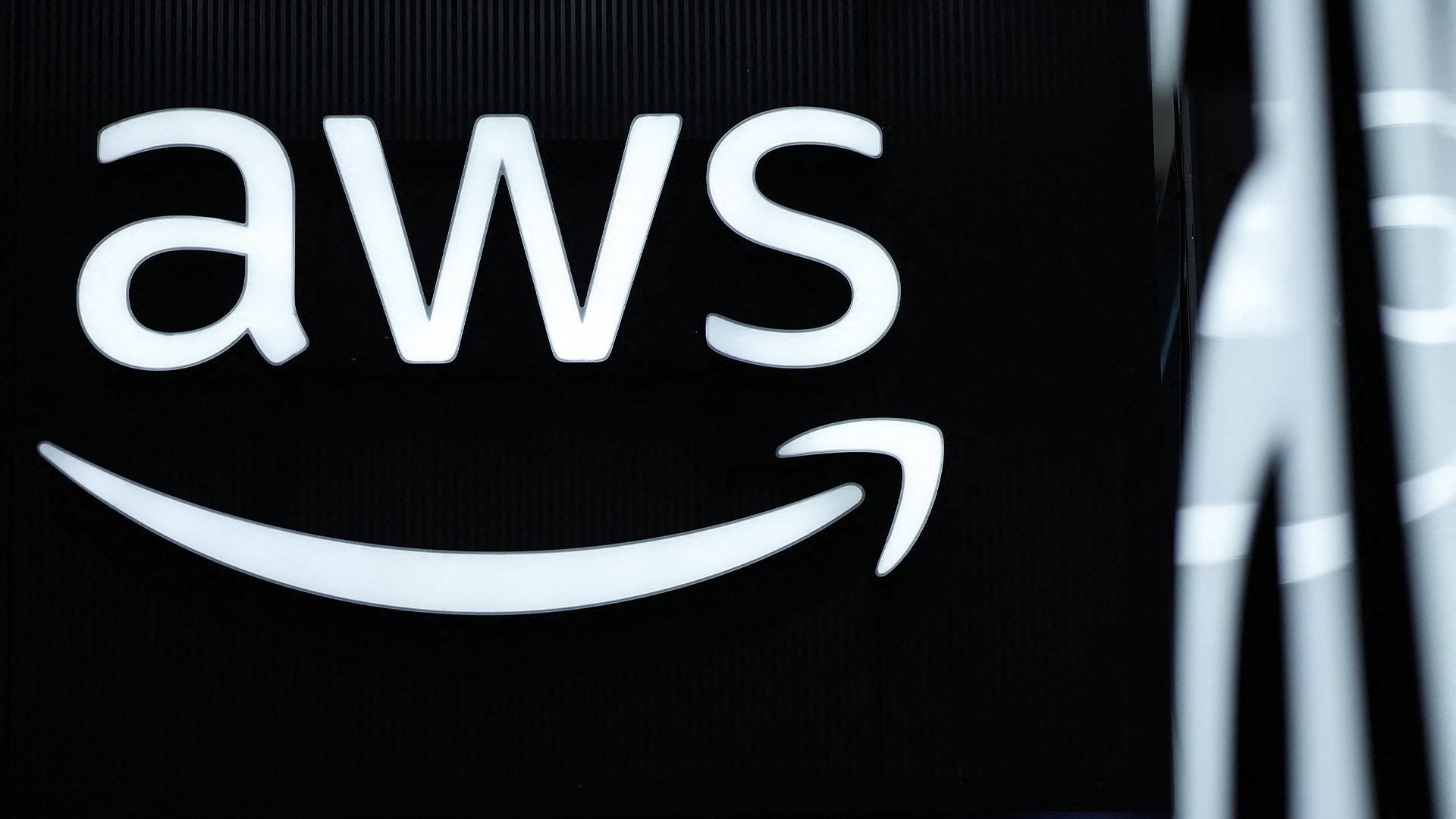 AWS pledges $50 billion to expand AI and HPC infrastructure for US government clients
AWS pledges $50 billion to expand AI and HPC infrastructure for US government clientsNews The company said an extra 1.3 gigawatts of compute capacity will help government agencies advance America’s AI leadership